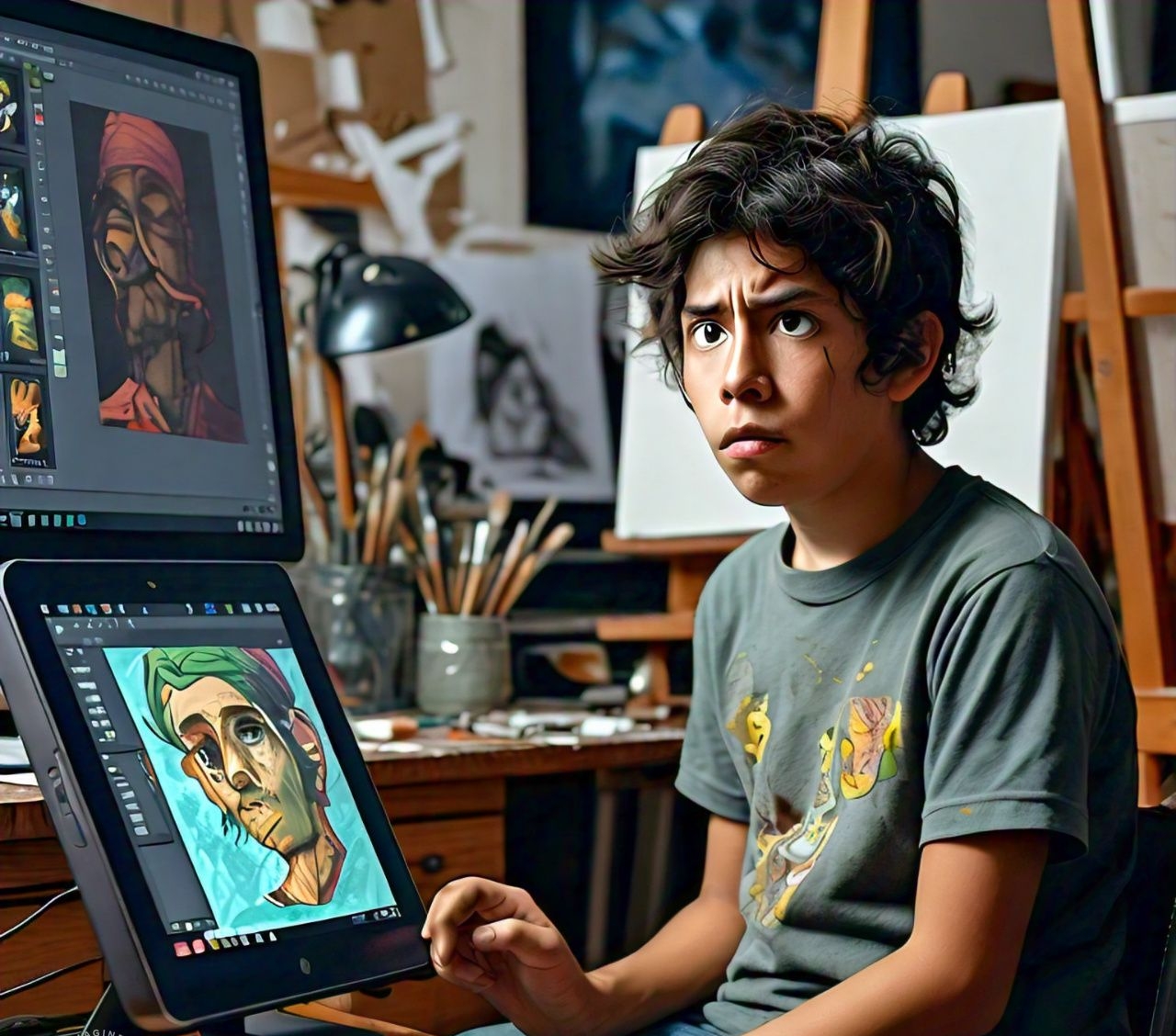The Art of Digital Ownership: NFTs and the Future of Value.
 Josh Lajide
Josh Lajide
Did you know that thanks to NFTs people have managed to sell a simple five word tweet for 2.9million dollars. The way our economy has always operated is that we earn money and then spend it on goods. However, as we spend more time on apps like Instagram and Call of Duty, our purchases are shifting more and more away from physical goods and toward digital goods, which is problematic because it is more difficult to monetise these latter types of goods. If you paint a beautiful image and try to sell it to people, for example, it won't matter if someone tries to replicate it or prints out the design from a photo because you can recognize the difference between the original and the copy. However, if you're a digital artist and you share the image publicly as a jpeg, you immediately lose all control over it because it can be copied and there's really no way to tell it apart from the original. As a result, the art would no longer be a valuable resource, which would cause its value to decrease.
NFTs are attempting to alter this. NFT is an acronym for non-fungible token. When something is fungible, it can be used in other things. Therefore, if something is non-fungible, it cannot be exchanged. NFTs are utilising Blockchain technology to indubitably confirm who is in possession of the original of a digital good. They are a unique, valuable token of ownership, so when people purchase and trade NFTs, what they are actually doing is purchasing and selling their virtual ownership over something.
NFTs have some clear benefits, such as giving designers new ways to make money and giving art aficionados new ways to support their favourite artists. Another benefit is that NFTs have done away with lengthy written contracts and replaced them with smart contracts, which define the NFT's operating rules in a really streamlined manner. For example, an artist can set a rule that every time their product is purchased or sold, they receive a 20% cut. Another benefit is that everyone can profit from NFTs, and each NFT has a market value because they can be sold. The NFT market is seen as a reachable investment venue. It's not like investing in stocks or buying real estate, where you need thousands of dollars to get started.
One of the main issues with NFTs is that even if you possess the NFT for a piece of work, you still aren't the owner. You do not acquire ownership of a design just because you have the NFT. Opportunistic business individuals who only want to make quick money are the ones who create the majority of NFTs. Many people purchase NFTs because they are trendy and because there is a good chance that the internet and the hypothetical metaverse we are moving towards will use this technology to establish who is the rightful owner of which digital goods. However, there is a very tiny possibility that any NFT you currently possess would be useful in these theoretical future environments. Because so many people are creating NFTs of JPEG images right now, there will probably come a time soon when they are not trending and people may get bored and move on to something else. If that happens at some point, which I think is happening already, all of that value will completely disappear and you will only have your virtual ownership of a JPEG image.
NFTs do allow people to make money, but it is preferable to invest in something that, even if the market crashed tomorrow, you would be happy to possess since it allowed you to become a part of the community and its history. Paying 10 million just to be able to say that you have technical ownership but not be the real owner of a piece of art that is just one of ten thousand similar pieces makes NFT feel like a bubble that is about to pop.
Subscribe to my newsletter
Read articles from Josh Lajide directly inside your inbox. Subscribe to the newsletter, and don't miss out.
Written by

Josh Lajide
Josh Lajide
I am a data science enthusiast!